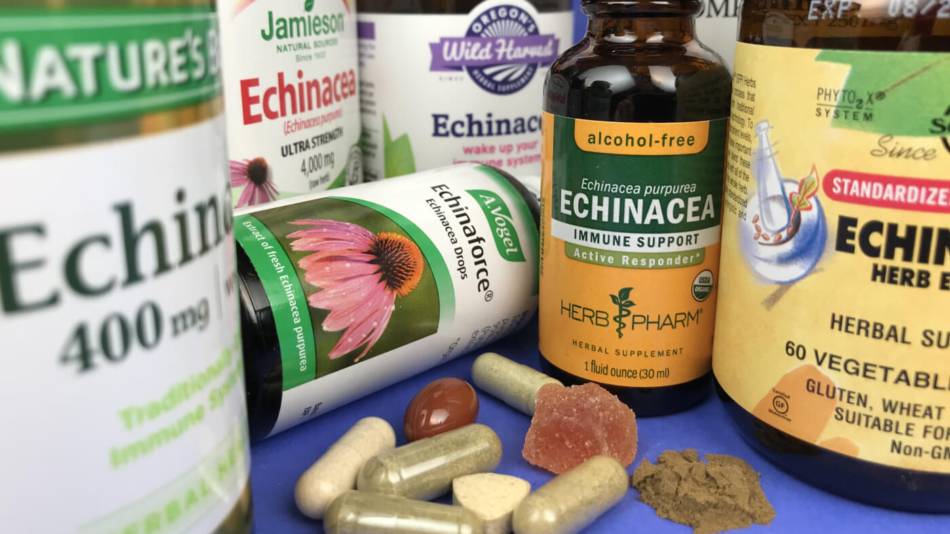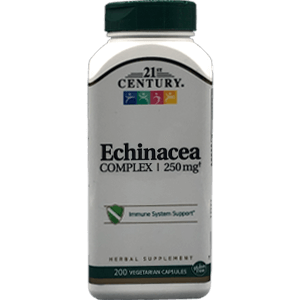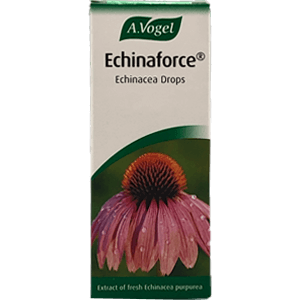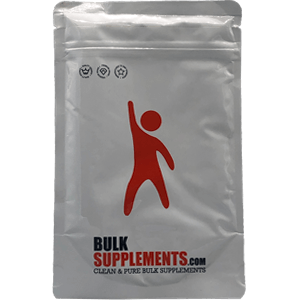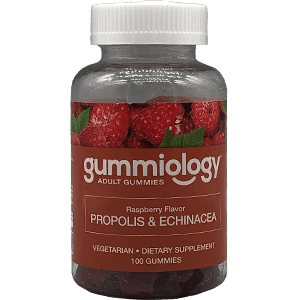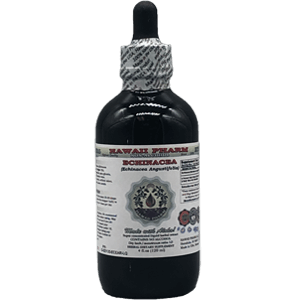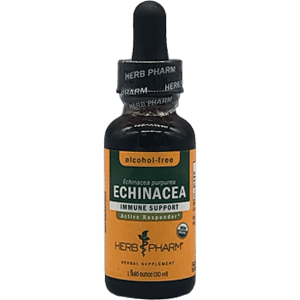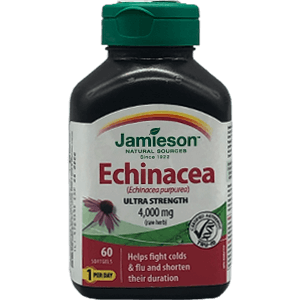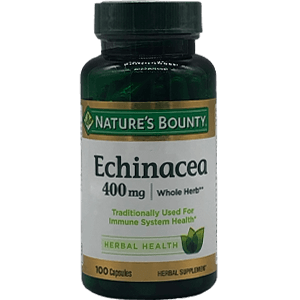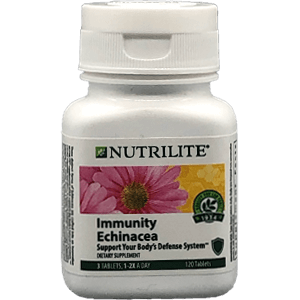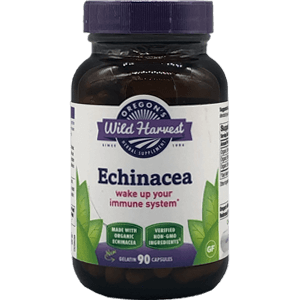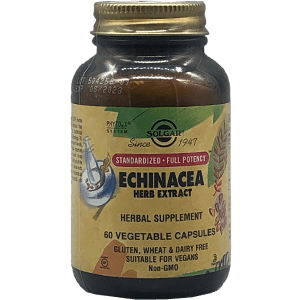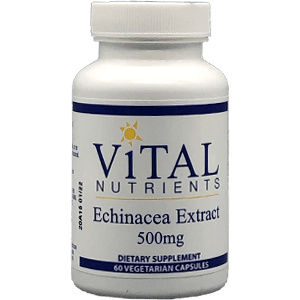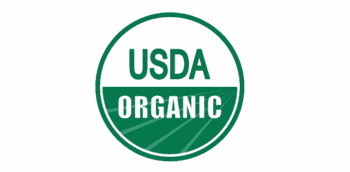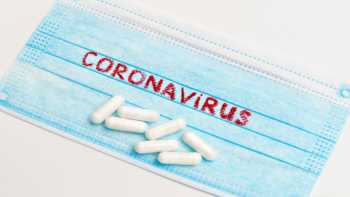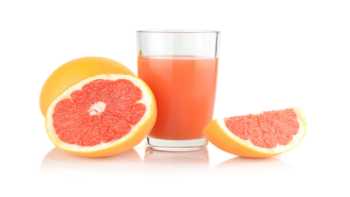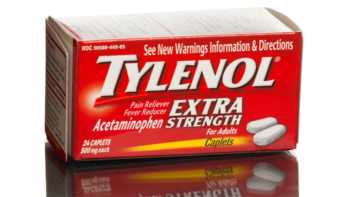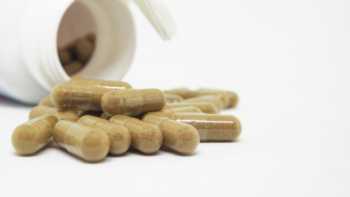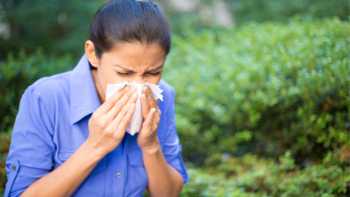Summary
-
What do Echinacea supplements do?
Echinacea supplements may modestly help prevent colds when taken during cold season and/or reduce the severity of a cold if taken at the first onset of symptoms — although the evidence is mixed. Limited evidence suggests that a form of Echinacea may modestly reduce anxiety (see What It Does). Phenolic compounds in Echinacea may be responsible for some of the herb's effects (see What It Is). -
What did CL's tests of Echinacea find?
Four products did not contain the expected minimum amounts of total phenolic compounds (one had less than 2%), and two products did not even list their amounts of Echinacea (see What CL Found). Which Echinacea supplements are best?
Among six products Approved for Quality by ConsumerLab.com, two (an extract and a non-extract) were chosen as Top Picks.-
Which form and dose of Echinacea is best?
Echinacea comes in various forms and concentrations, but most positive clinical studies used products extracted from aerial parts (leaves, flowers, stems) of E. purpurea or the roots of E. angustifolia (see ConsumerTips). -
Is Echinacea safe?
Echinacea appears to be relatively safe for short-term use (up to 12 weeks), and side-effects tend to be mild (GI symptoms, increases urination). However, be aware that some people may have allergic reactions, such as rashes, and rarely, liver damage has been reported. Although Echinacea may affect the metabolism of a variety of drugs, the effect may be small (see Concerns and Cautions).

